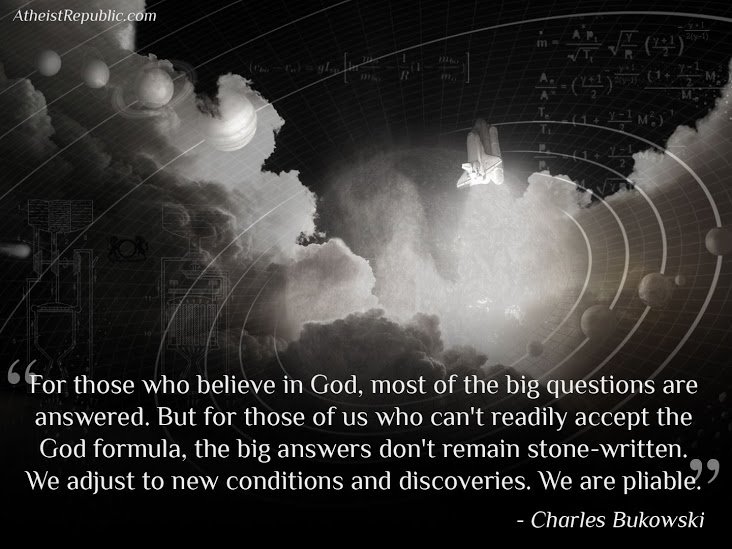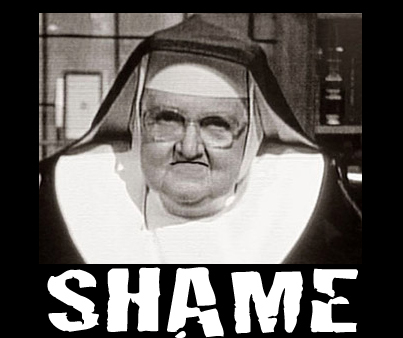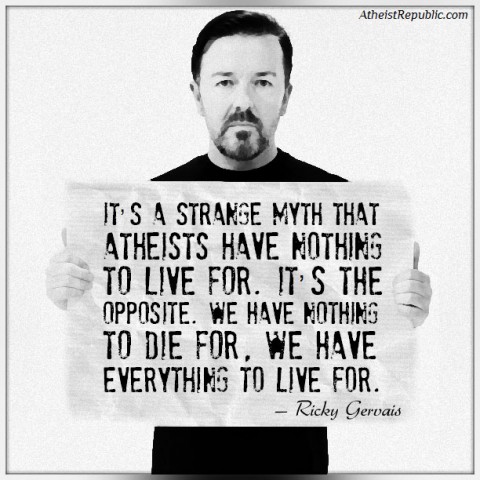Last Updated on 2022-07-08 by Joop Beris
Some people never had a religion, having been raised without faith and never falling for its arguments. Others are either raised by parents who have faith or later fall into its clutches. I am in the latter category, though fortunately only for a brief period of time. When you first realise that your faith is beginning to wane, it can be a scary moment. Most believers have been taught that doubt is bad or worse, the influence of the devil. What really happens though, when you stop believing?
Doubt is good
It is important to realise that doubt is not a bad thing. Doubt is a sign of a working brain and an important tool for our survival. Our ancestors on the African plain could believe that a predator had gone, or they could adopt a more wait and see attitude to make sure. When considering an investment, you can believe a company is financially stable or you can check the facts. When crossing the road, you can assume that no cars are coming or you can look both ways. Few people would argue that these are unwise actions and those that do, probably have an agenda.
When it comes to faith though, doubt is seen as bad. Reason, logic and doubt are not welcome in religion, instead blind faith is praised. For instance, Christians will often use phrases like John 20:29 when speaking to people who have doubt or long for evidence.
Then Jesus told him, “Because you have seen me, you have believed; blessed are those who have not seen and yet have believed.”
The gospel of John 20:29
In other words, it is better to believe without evidence than to believe on evidence. In no other area of human discourse are statements like these considered valid or reasonable. No scientist has ever said: “Blessed is he who has not seen a fossil and believes in evolution”. No parent has ever told a child: “Blessed is he who crosses the road without looking”.
Some theists will argue that they have faith, but that it is not blind. They claim they have evidence for their faith. It is important to note that in all of recorded human history, no conclusive evidence for the existence of a god has been found just as no supernatural phenomenon has been confirmed to be indeed supernatural.
Semantics
Others will argue that they don’t have faith, they trust in their deity so the word faith does not apply. This wordplay does not work though, as there is an important difference in meaning between the words trust and faith.
Faith: Strong belief in the doctrines of a religion, based on spiritual conviction rather than proof.
Trust: Firm belief in the reliability, truth, or ability of someone or something.
Source: Oxford Dictionaries
As we can see, faith is based on spiritual conviction rather than proof, which is not the case when speaking about trust. Trust is earned, faith is given. The latter appears to be the case when speaking about religion.
Or as Ambrose Bierce put it:
“Faith: Belief without evidence in what is told by one who speaks without knowledge about things without parallel.”
Given the fact that religions claim they are coming from their respective gods and supposedly grant us a chance at immortality and salvation, it is not unreasonable to doubt these claims because there is essentially no evidence of this being true at all. In other words: your doubt is justified.
Anguish and fear
When believers begin to doubt their faith or when they stop believing altogether, they often experience anguish. This isn’t strange. It is difficult when things which have shaped your world-view and your values, perhaps for years, are vanishing. Certainty melting away only to be replaced by doubt will give you anxiety. That doesn’t mean that your rejection of faith is wrong, far from it. It means you are on the right path. In the real world, answers are rarely simple and straightforward. You can’t pray for a god to take things away or to take care of stuff. The world is not black and white or good versus evil. Things exist on a spectrum and it takes some thinking on your part to navigate the world.
When you stop believing, you may also experience actual fear. To reject your faith in eternal life, means coming to grips with your own mortality. For people who live in theocratic societies, the danger might be even more close and scary: Islam for instance upholds that the penalty for apostasy is death, just like Christianity and Judaism used to. You might fear going to hell for making the wrong choice. Understand though that if there’s no god, there’s no devil and no hell for you to go to either. Sin doesn’t exist either so there’s no need for salvation or grace.
Shame on you!
When you stop believing and find yourself surrounded by family and friends who seem to be strong in their faith, there’s a good chance you’ll experience shame and feelings of guilt. Many believers react negatively to people leaving the faith, partly because it demonstrates clearly that people can and do leave the faith. Ultimately it shouldn’t matter what other people think about your decision. Leaving your faith is a personal choice and a very hard one for many people. Some are even outright rejected by family and friends for no longer having faith. That does not mean your choice is the wrong one, though. For believers, people who question faith or reject faith remind them of their own doubts which have to remain suppressed. Just remember, truth is not determined by a majority vote.
All bad stuff?
So is it all bad stuff when you stop believing? No, of course not. A major shift in your view of the world and the realization that your relationship with a divine power which turns out to be non-existent, are bound to cause some anguish at first. This is true for all major life changes. However, once you accept that the faith that you have held isn’t true and that this goes for all religions (they all suffer from the same shortcomings), you can embrace reality in full. Reality is far more wondrous than any of the superstitious scribblings of desert nomads or modern New Age woo-woo con artists. The universe is much bigger and more beautiful than religious truths will ever be. When you reject faith, you also reject all the silly dogma and “thou shalt nots”. You no longer have to feel guilty about what your former faith says are bad thoughts or actions. It doesn’t mean you become immoral, just that you are free to decide for yourself what is moral. It’s not true that atheists have nothing to live for. Atheists don’t go through life expecting some reward for earthly hardship. We live now, making the most of life because we know it is our only chance. Yes, it is harder. It is also much more meaningful.
So what happens when you stop believing? You start to know, to understand and you become free. How is that a bad thing?
Support
Many people who reject their faith or become unbelievers, fear losing their community. They may also struggle with worries and fears because they’re now on unknown territory. You are not alone though! There are plenty of support groups for atheists out there, where you can discuss your concerns and find community. There’s a short list down here (in no particular order) but if you know any others, don’t hesitate to let me know so I can add them.
- Atheist Republic
- Recovering from religion
- Sunday Assembly
- Secular Student Alliance
- Center for Inquiry






[…] Source: When you stop believing – Random musings, rambling opinions […]